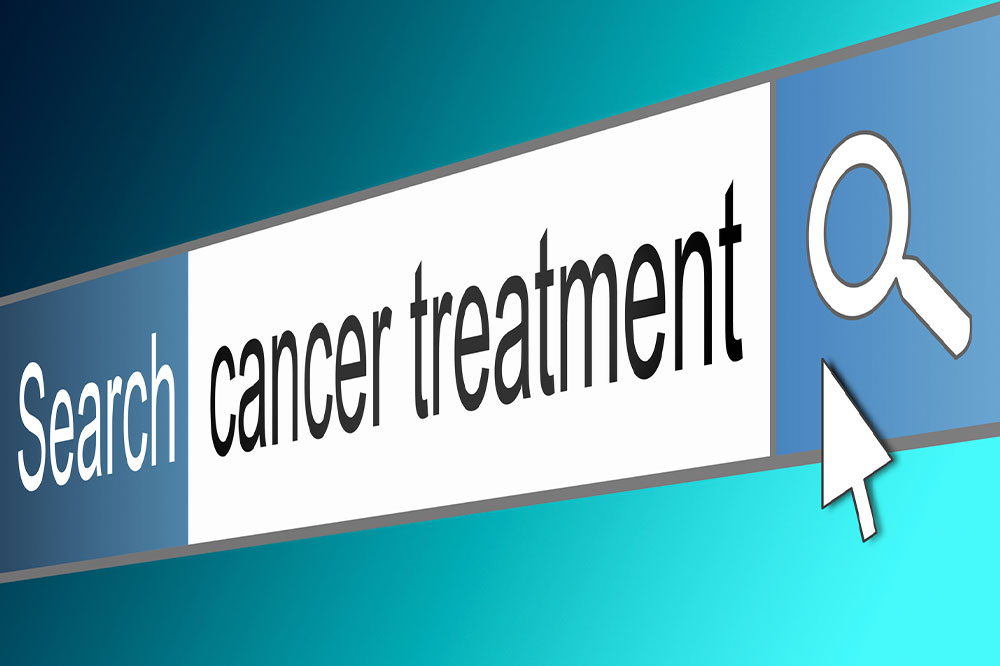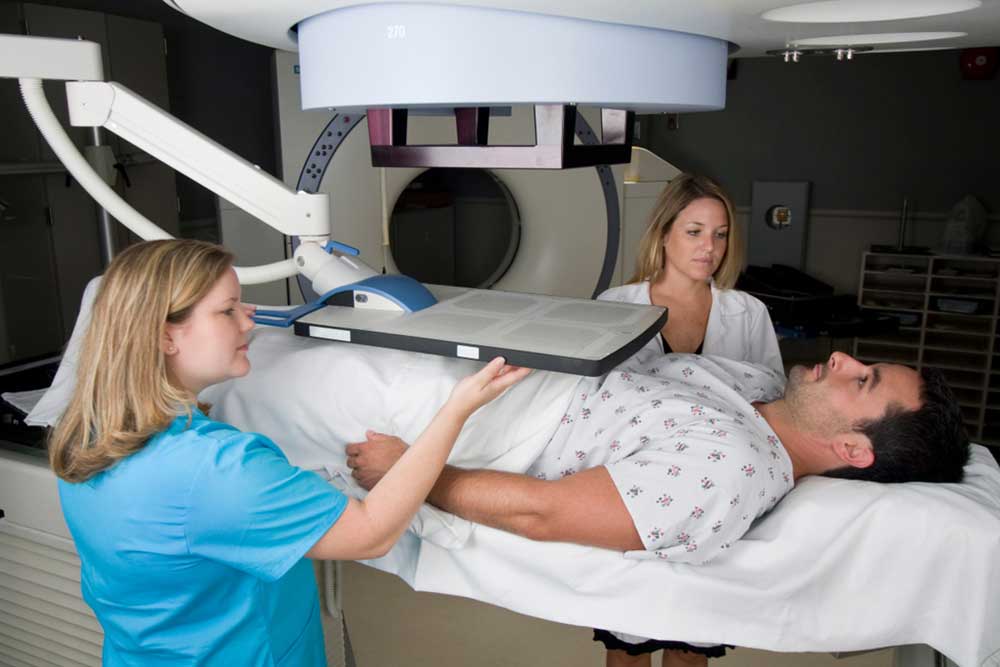Top Treatment Strategies for Esophageal Cancer
Discover the top treatment options for esophageal cancer, including chemotherapy, targeted therapy, immunotherapy, radiotherapy, and surgery. Understand when each approach is recommended and learn about potential side effects and management strategies to improve patient outcomes.

Top Treatment Strategies for Esophageal Cancer
Esophageal cancer impacts the tube connecting the throat to the stomach. Risk factors include smoking, alcohol use, and obesity. Early diagnosis greatly improves treatment success, and physicians may recommend various methods to control symptoms.
Here are some leading treatment options:
Chemotherapy
This approach is often used when tumors are hard to access or have spread. It involves intravenous drugs to target cancer cells, although healthy cells are also affected, causing side effects.
Healthy cells can recover, but chemotherapy side effects need management through medications.
Targeted therapy
This method specifically targets genetic mutations within cancer cells, especially effective in advanced stages, improving treatment outcomes.
Immunotherapy
This innovative therapy boosts the patient’s immune response, enabling it to better recognize and attack cancer cells. It may cause side effects like reduced blood cell counts, which can be managed medically. Usually more costly, it’s primarily used in late-stage cases.
Another option is radiation therapy, which is less invasive and often used for early-stage tumors. It employs high-energy beams like X-rays or protons to destroy cancer cells, sometimes alongside chemotherapy. Side effects may include skin irritation and swallowing difficulties.
Surgical intervention
Applicable for both early and advanced cases, surgery involves removing tumor-affected parts of the esophagus. If cancer has spread, procedures like esophagectomy may be necessary, although they carry potential risks and require careful management.
Important Note:
The information shared on this platform offers valuable insights across multiple categories. While our research aims to be accurate, it should not replace professional medical advice. The site does not accept responsibility for discrepancies or outdated data. Readers are encouraged to consult healthcare professionals for personalized guidance and be aware that some offers or treatments may not be covered here.










